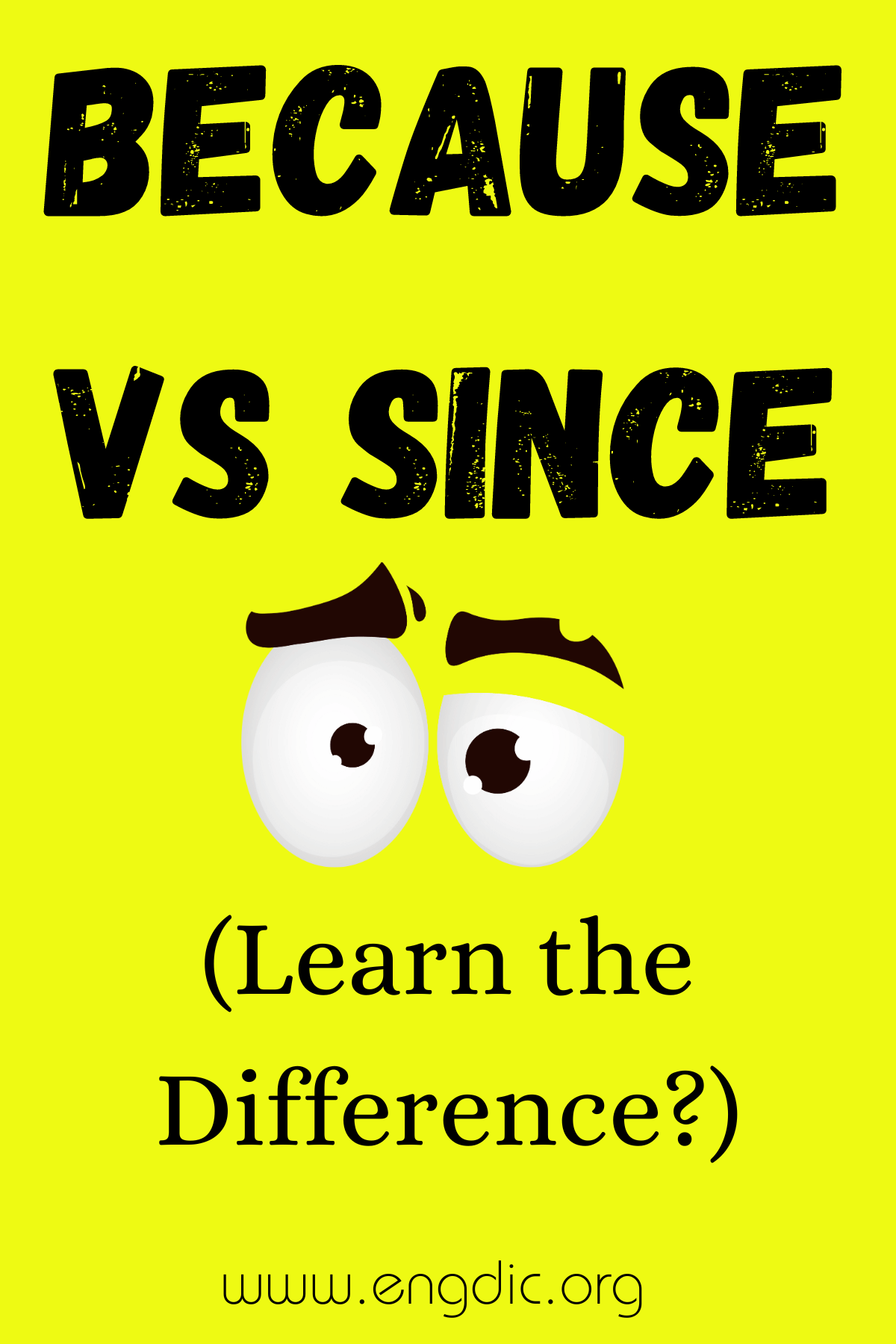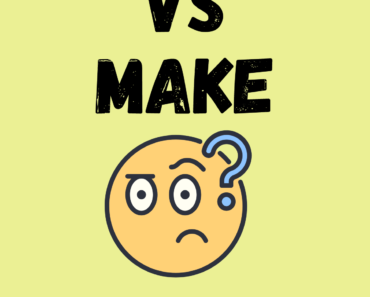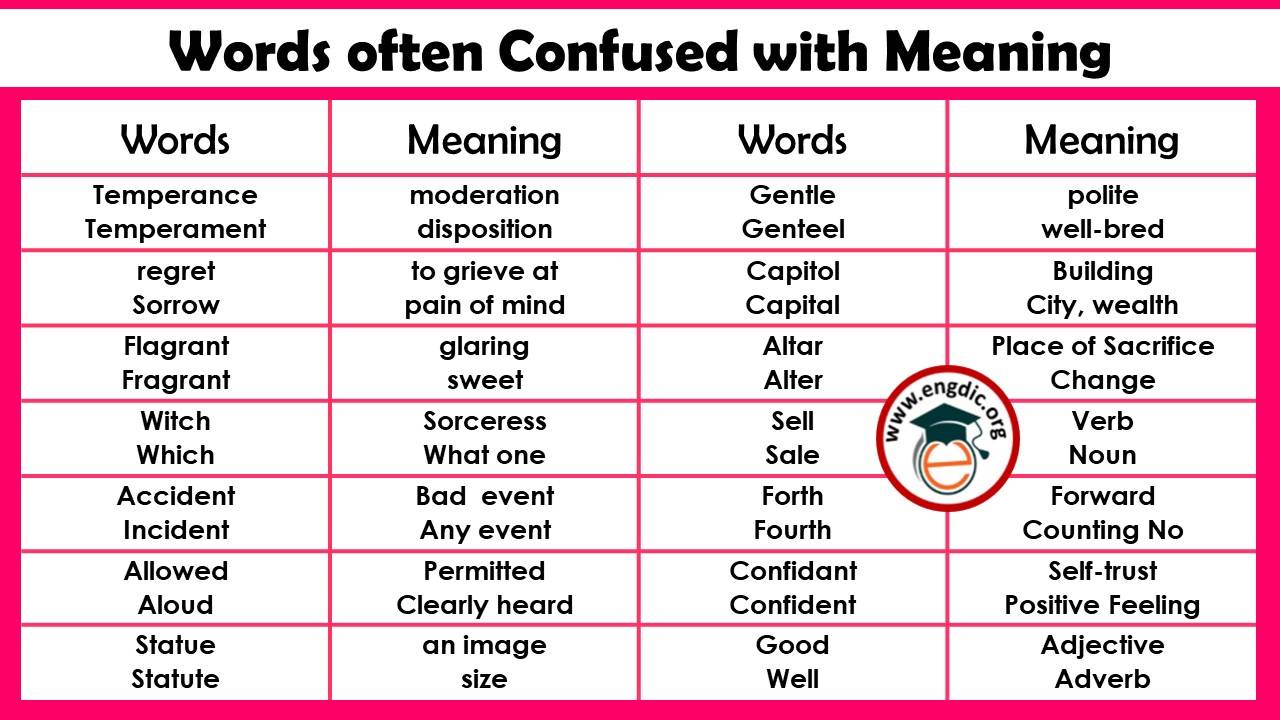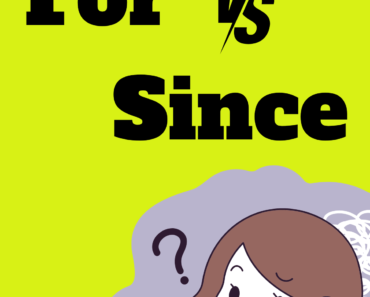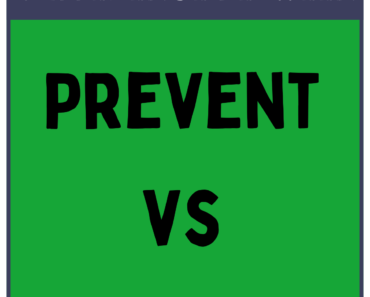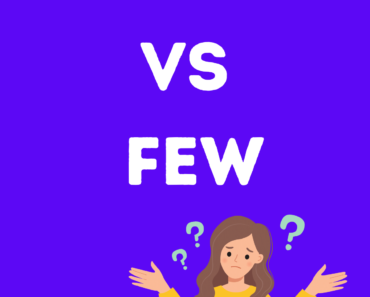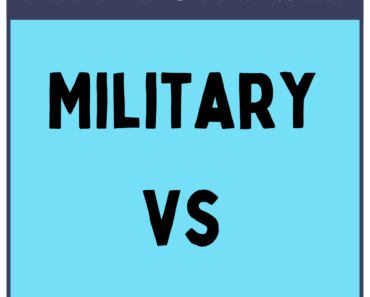When it comes to expressing reasons or explanations in English, “because” and “since” are two conjunctions that often come into play. While both can sometimes be used interchangeably, they have subtle differences in nuance and use. “Because” is primarily used to introduce a direct, explicit reason for an action or situation, emphasizing causality. In contrast, “since” can refer to time or causation, often implying that the reason is already known or less immediate.
Definition and Usage
Because
Definition: “Because” is a conjunction used to indicate causation, providing a direct reason or explanation for something.
Usage and Examples:
- Causality: “Because” is used when the reason or cause is the focus of the sentence.
- Example: “She took a day off because she was sick.”
- Answering Questions: Often used in responses to questions about reasons.
- Example: “Why did you move? Because I got a new job.”
Since
Definition: “Since” is a conjunction that can refer to time from a specific past point or to causality, similar to “because.”
Usage and Examples:
- Time Reference: When referring to time, “since” points to a moment from the past continuing to the present.
- Example: “Since 2010, he has been living in New York.”
- Causality (less immediate): Used to introduce a reason that is generally understood or less immediate.
- Example: “Since you are here, we can start the meeting.”
